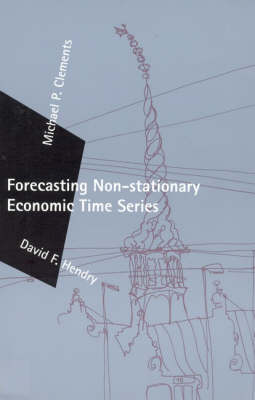Economies evolve and are subject to sudden shifts precipitated by legislative changes, economic policy, major discoveries, and political turmoil. Macroeconometric models are a very imperfect tool for forecasting this highly complicated and changing process. Ignoring these factors leads to a wide discrepancy between theory and practice. In their second book on economic forecasting, Michael P. Clements and David F. Hendry ask why some practices seem to work empirically despite a lack of formal support from theory. After reviewing the conventional approach to economic forecasting, they look at the implications for causal modeling, present a taxonomy of forecast errors, and delineate the sources of forecast failure. They show that forecast-period shifts in deterministic factors-interacting with model misspecification, collinearity, and inconsistent estimation-are the dominant source of systematic failure. They then consider various approaches for avoiding systematic forecasting errors, including intercept corrections, differencing, co-breaking, and modeling regime shifts; they emphasize the distinction between equilibrium correction (based on cointegration) and error correction (automatically offsetting past errors). Finally, they present three applications to test the implications of their framework. Their results on forecasting have wider implications for the conduct of empirical econometric research, model formulation, the testing of economic hypotheses, and model-based policy analyses.
- ISBN10 0262531895
- ISBN13 9780262531894
- Publish Date 26 January 2001 (first published 24 September 1999)
- Publish Status Out of Stock
- Publish Country US
- Publisher MIT Press Ltd
- Imprint MIT Press
- Format Paperback (US Trade)
- Pages 314
- Language English
- URL http://mitpress.mit.edu/9780262531894
